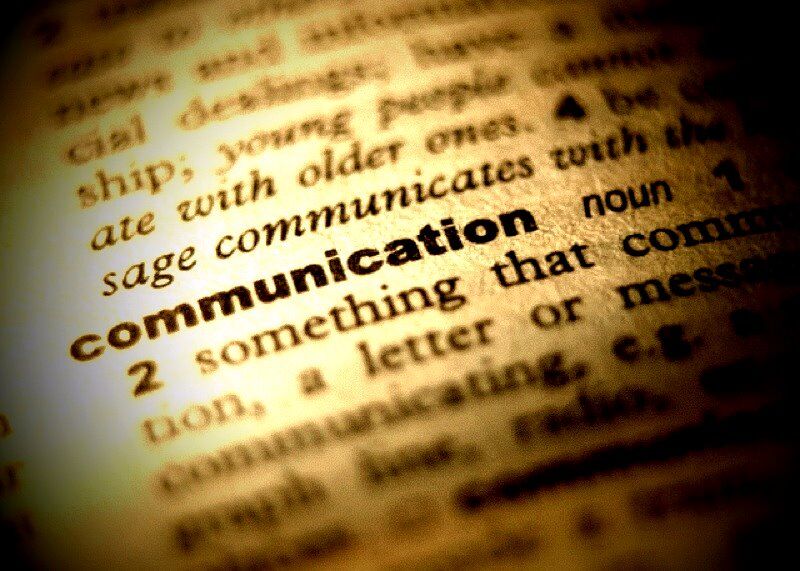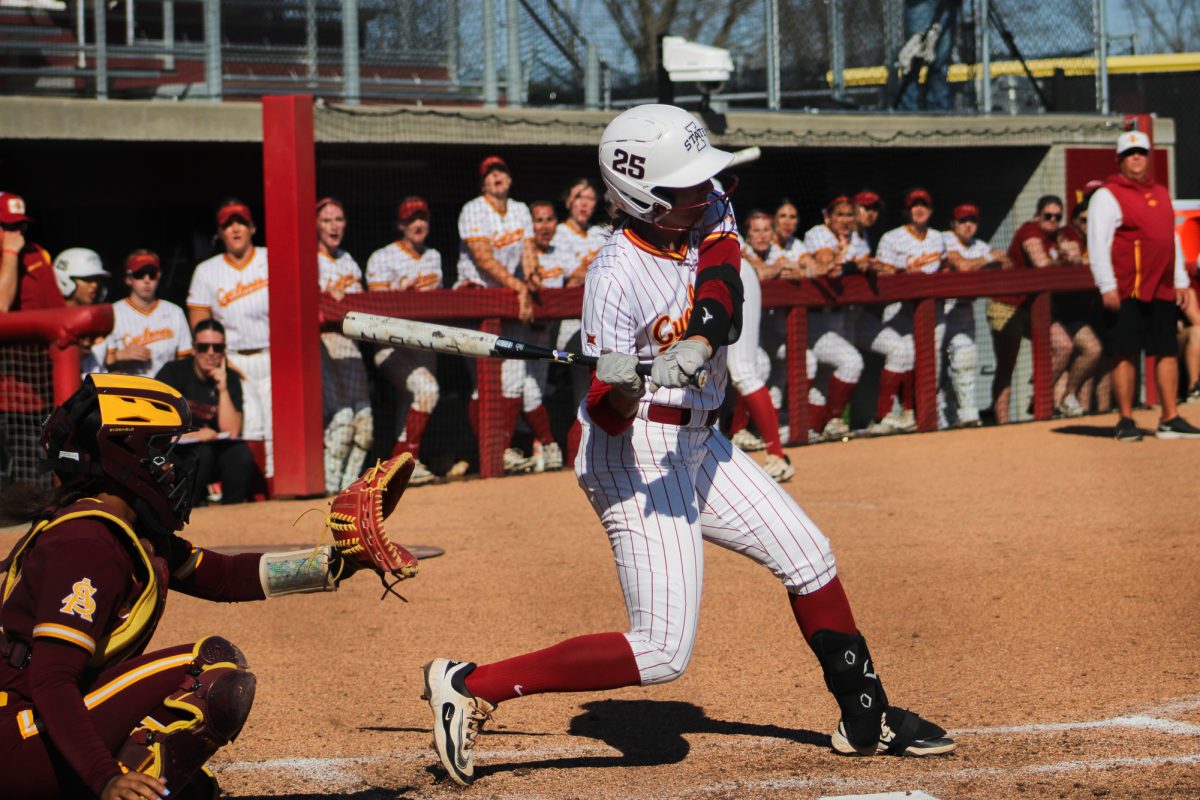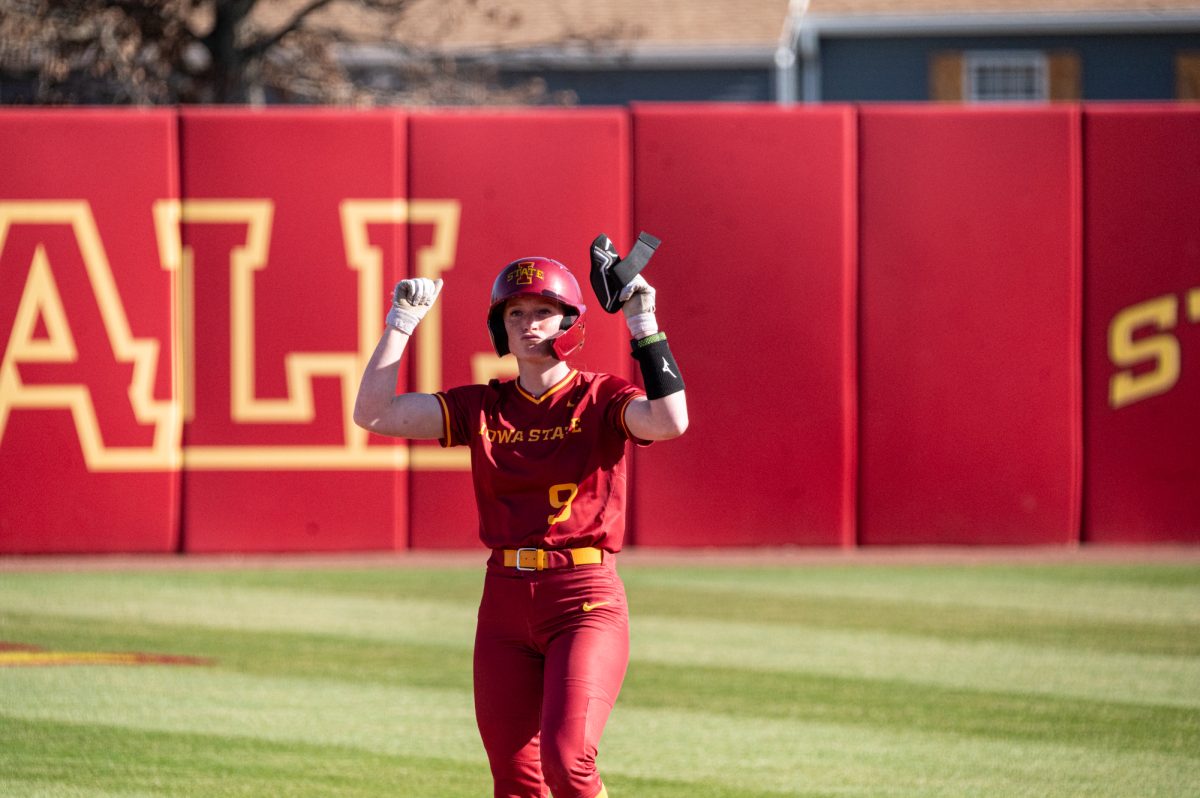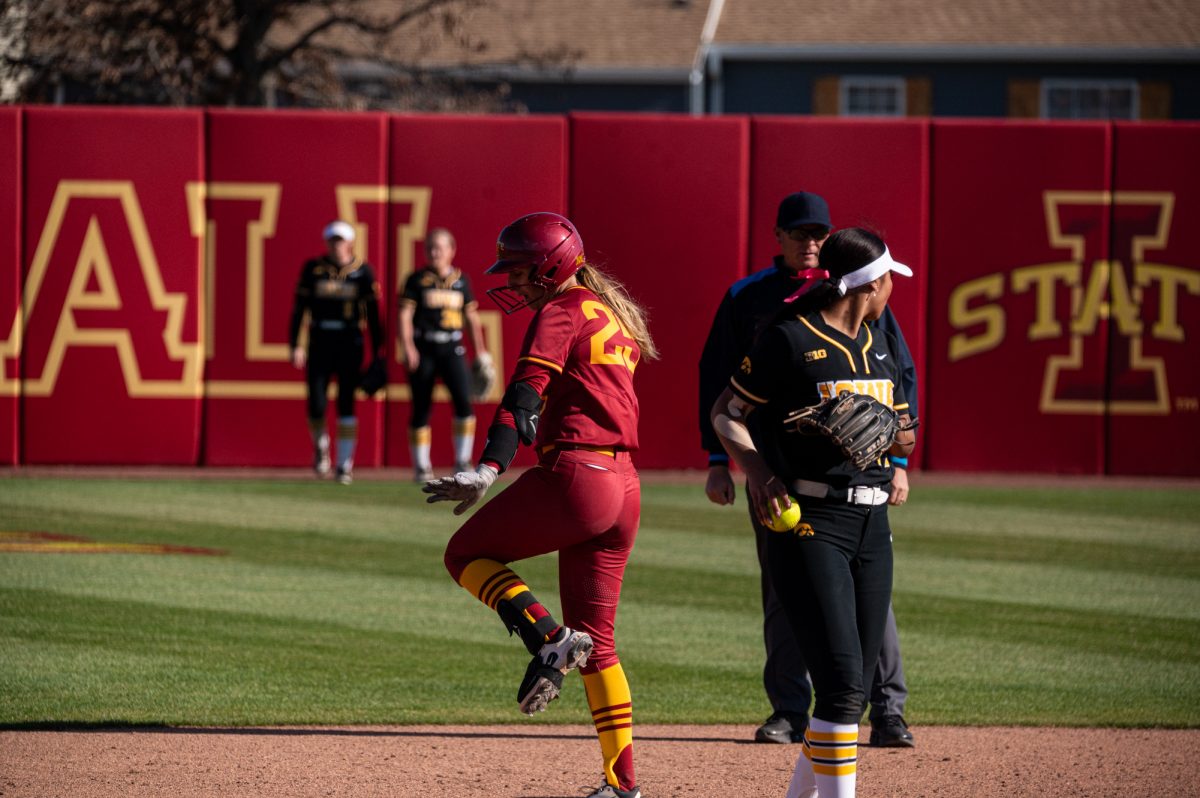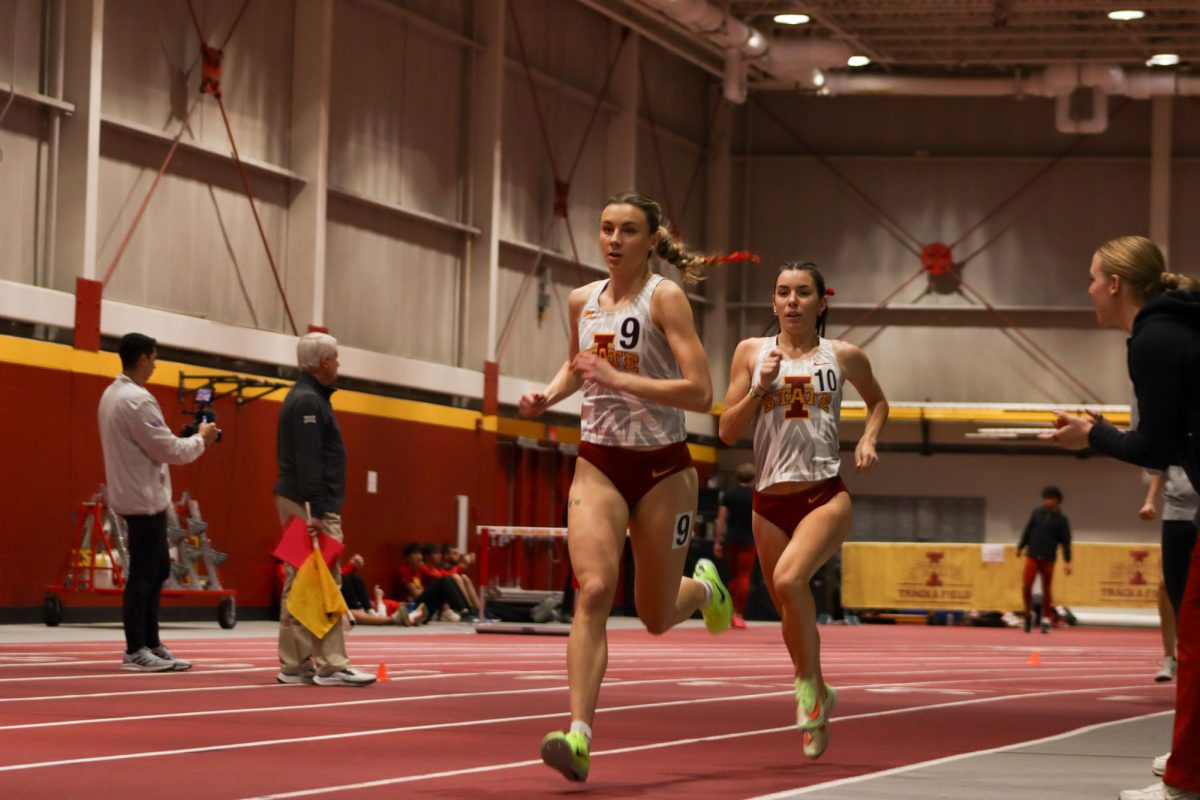Science communication is key to problem-solving, experts say
November 8, 2020
Science communication could help close the gap between the scientific community and the common citizen, according to experts.
In 2017, the American Academy of Arts and Sciences partnered with the Carnegie Institution for Science and hosted a meeting in Washington, D.C., which focused on communicating science in the “Age of Disbelief.”
Mary Sue Coleman, president of the Association of American Universities and former president of the University of Iowa, gave a speech about the importance of science literacy for Americans.
“Civic science literacy is the ability of people to understand and use scientific or technological information in public policy discussions and decisions, which is really key to our democracy,” Coleman said in her presentation.
The current science literacy of American citizens is a concern to many scientists and scientific leaders, including Coleman.
“Our civic scientific literacy stands now at about 28 percent in the country, and that is based on a straightforward 11-question science facts test,” Coleman said. “And it has been at that level for about the past decade.”
Richard Meserve, a lawyer and president emeritus of the Carnegie Institution for Science, said there is a clear difference between the scientific community and the general public in regards to scientific understanding and agreement.
“Although the public thinks highly of scientists, there are many issues in which there are very stark differences between the perspectives of the scientific community and those of the general public,” Meserve said. “The differences in many instances are correlated with age, gender, political party, ethnicity, educational attainment or wealth.”
These differences contribute to the growing gap between the scientific community and civilians.
Mihaela Sabina Jucan and Cornel Nicolae Jucan, researchers from the University of Sibiu, Romania, published their research regarding scientific communication, titled “The Power of Science Communication.”
“It is essential to make a scientifically based voice heard loud and clear, especially in times of crisis, and this can be done through professional communication,” they wrote.
Climate change is one example scientists struggle to communicate with the public in a way that brings lasting change.
Adam Corner, a climate scientist, published a piece in NewScientist explaining his take on why there is a knowledge gap between climate change experts and the general public.
“Too often, [scientists] assume that the facts will speak for themselves — ignoring the research that reveals how real people respond,” Corner wrote. “That is a pretty unscientific way of going about science communication.”
This trend can also be seen in the current COVID-19 pandemic. Many scientists in the field of infectious diseases warned Americans about the dangerous effects of COVID-19.
Dr. Anthony Fauci, the face of a lot of the scientific communication on COVID-19, issued several warnings about what would happen if the public did not listen to science.
If communities “prematurely open without having the capability of being able to respond effectively and efficiently, my concern is that we will start to see little spikes that might turn into outbreaks,” Fauci said in May.
Even with this prediction from an expert in the field of infectious diseases, Americans could not successfully manage the spread of COVID-19.
In Story County, 4.8 thousand people have tested positive for COVID-19. In Iowa, the death toll is up to 1,842 people, according to the Iowa COVID-19 statistics page.
The balance between science and the people it serves is very important, according to Mihaela Sabina Jucan and Cornel Nicolae Jucan.
“The relation between science and society is tremendously important: society needs science as a driver for social, economic and political success, while science lives off the resources, talents and freedom that the society makes available,” they wrote.
Timothy Thielen, a sophomore in software engineering, said the key to solving the big problems in society is the common citizen understanding scientific advances.
“We need communication in science because if everyone understands the situation, it will make it much easier to work toward a common goal,” Thielen said.
A lack of communication could result in problems.
“The price for not communicating or communicating poorly is becoming higher every day because today, those who are not well-represented in the public arena risk losing their say, resources and trust,” Mihaela Sabina Jucan and Cornel Nicolae Jucan wrote.


